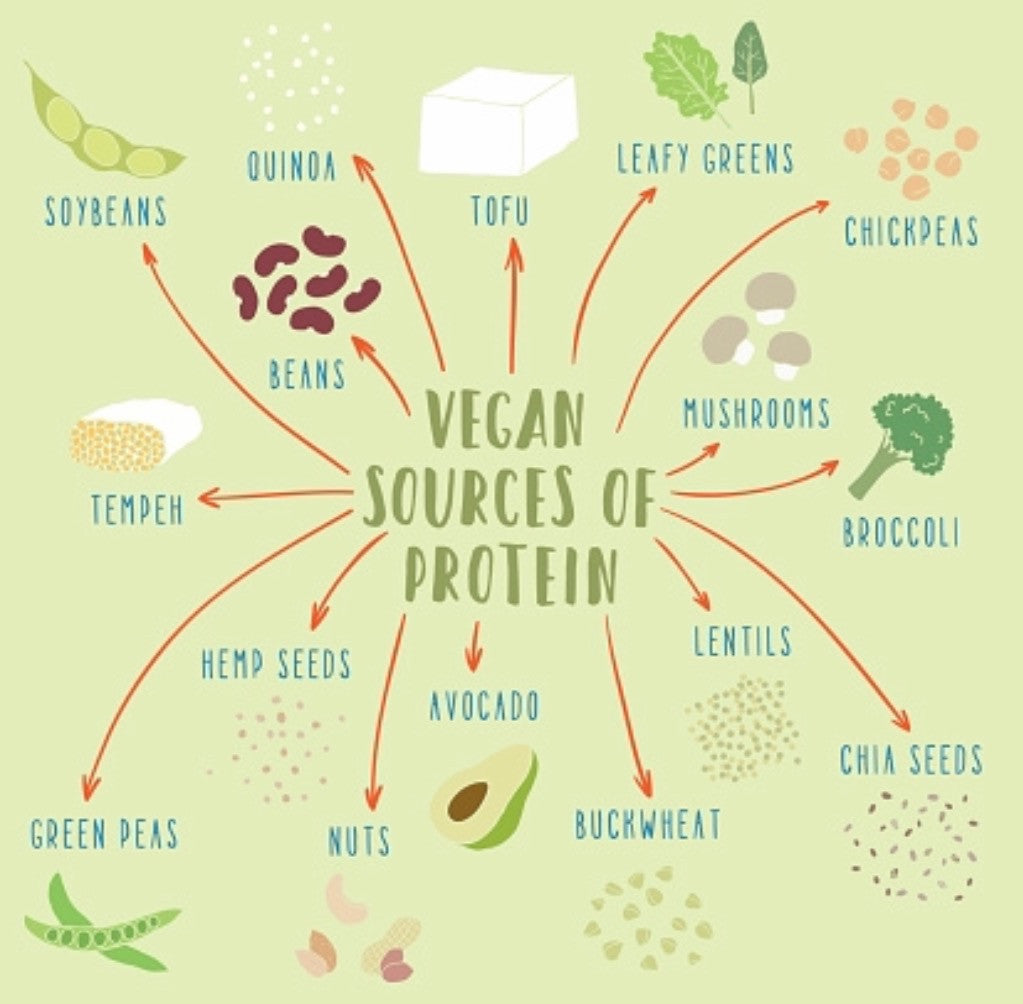
Switching to a vegan diet is challenging for everyone who has grown up eating meat. We are so used to consuming certain foods as we go about our day, and changing our habits can pull us out of our comfort zone. But the challenge of turning to a vegan diet is even harder to face for athletes who are looking to maintain peak performance over the course of the year. Athletes are always looking to remain in good shape, which is why tips for plant-based endurance athletes can come in handy.
There are so many misconceptions an endurance athlete must overcome if they are to successfully transition from a regular diet to a plant-based one. The first myth to overcome is the belief that athletes cannot improve their strength and endurance without animal protein or get enough protein at all. People will ask, “well what do you eat?” Tip number one is that animal proteins are not necessary if you wish to maintain a healthy and successful career as an endurance athlete. There are plenty of plant-based protein sources that will not only leave you satisfied, but will also help your body continue to get stronger.
Even though leafy greens and other vegetables are an essential part of any plant-based diet, they are not going to provide enough carbohydrates and protein for an endurance athlete, especially one who is looking to maintain and improve their current performance levels. One of the most important things to learn is that you can get protein in a plant-based diet from so many different sources. For example, potatoes, brown rice, oats, legumes, grains and beans can all combine to offer more than enough protein for an athlete who wishes to abstain from consuming animal-based products. In fact, these plant-based proteins may even be healthier for your body in the long-run and help reduce inflammation throughout the body.
The needs of each athlete are unique, and it is important to understand that a diet crafted by one person may not necessarily work perfectly for another. However, there are certain core principles that apply to every single plant-based diet, especially for athletes. For instance, athletes are encouraged to eat many small meals a day, instead of loading up on a couple of massive meals whenever they get the chance. Not only does eating small meals improve digestion, but it also ensures you are constantly getting the fuel you need to keep going throughout the day.
One change that an athlete must make when they transition to a plant-based diet is to consume a greater volume of food to maintain or increase your calorie content. Animal based proteins generally pack a sizeable number of calories in smaller portions. For instance, the number of calories in a piece of steak will be a lot greater than the number of calories in a similarly sized plate of legumes. As we mentioned earlier, consuming small meals is very good for endurance athletes, and it can help those who are transitioning to the increased volume of a plant-based diet. Timing of your meals is critical as well. It is important to increase your protein intake immediately after a training session to ensure proper recovery to your muscles.
When you have come up with your diet plan, and you are satisfied with all the meals you are eating during the day, you can reassess whether you are getting enough protein and other nutrients every day. Most athletes will find they are consuming more than enough protein, but those who need a little boost can always invest their money in plant-based protein shakes or bars. These meal replacement shakes or bars are an excellent addition to any diet, as they contain protein and other valuable nutrients to help you achieve maximum performance as an endurance athlete.
We hope these tips for plant-based endurance athletes will assist you as you continue your journey from a regular diet to a plant-based diet!







